Most Americans want to regulate big tech
Views of big tech are increasingly political, survey finds

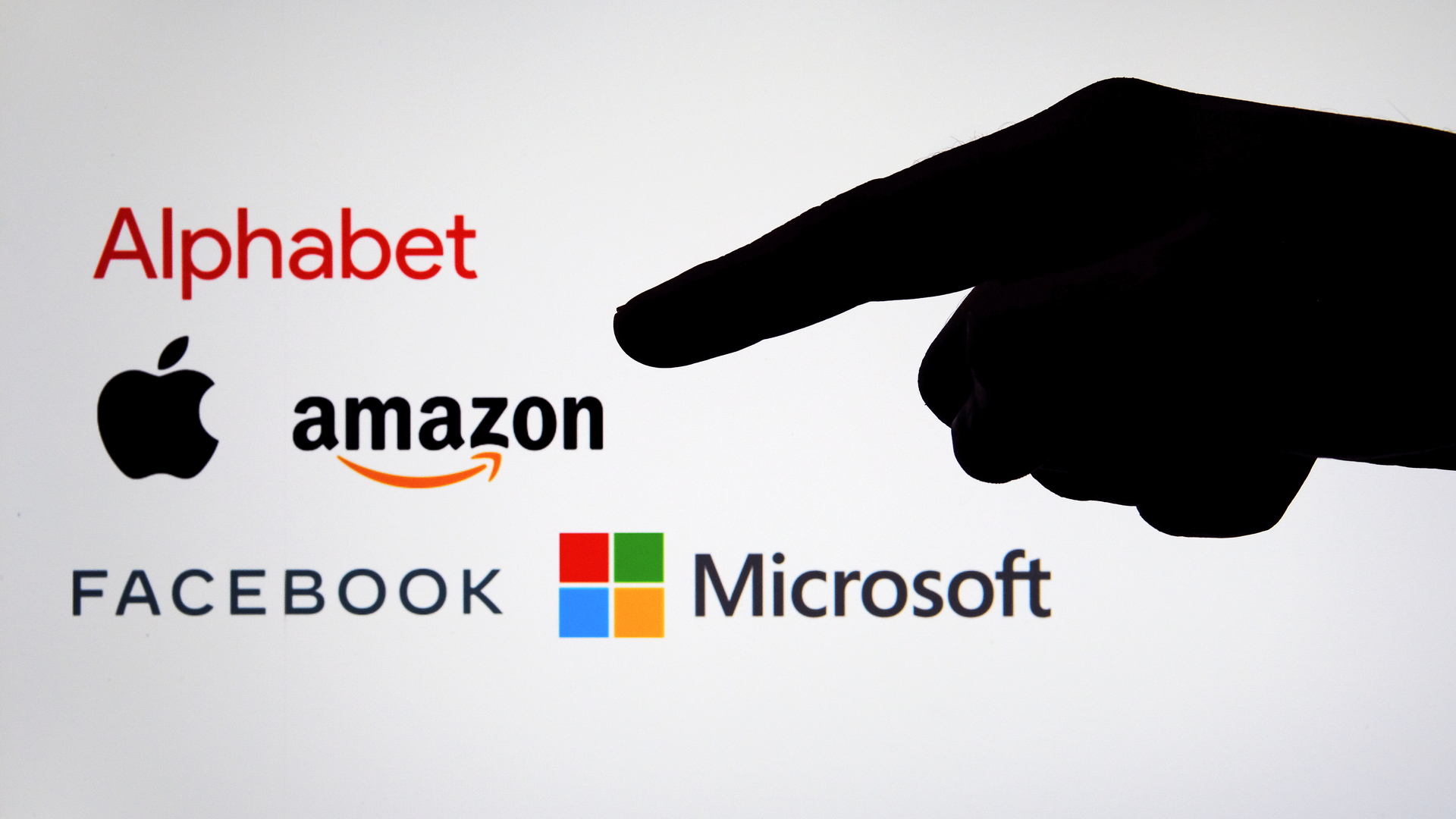
Americans strongly support regulating big technology firms, according to a survey released this week. The poll, commissioned by the Center for American Progress Action Fund and Public Citizen, found that most people feel big tech has too much power.
The organizations commissioned polling company Change Research to survey registered voters. Overall, all groups were concerned that big tech companies have too much power, although political affiliations still matter. Two-thirds of Democrats felt tech companies have too much influence, whereas 96% of Republicans felt the same way.
Overall, 73% of people believe the government should break up big tech companies to reduce their power and ensure a fair and competitive market. This view was most prevalent among those aged 18 to 34 and Republicans.
Support for other regulatory measures was stronger, as almost all respondents supported rules stopping internet companies abusing peoples' data and using deceptive practices.
People strongly support the right to sue a company if their privacy is breached, while 90% want more protections to keep companies from discriminating against them based on personal characteristics.
Other regulatory measures that garnered strong support included requiring big tech companies to open their data systems and provide fairer support for small businesses. There was also support for regulating new technologies, including AI, early on.
Politics plays a big part in peoples' perceptions of technology companies, showing just how divisive the debate over censorship has become.
Sign up today and you will receive a free copy of our Future Focus 2025 report - the leading guidance on AI, cybersecurity and other IT challenges as per 700+ senior executives
Overall, Americans were evenly split on their views of big tech, with half of them feeling they were mostly good for the country and half feeling they were bad, threatening peoples' privacy and freedom of speech. However, people were unevenly divided along political lines. Only one in four Democrats felt technology companies were bad for America, while 77% of Republicans took a dim view of big tech.
RELATED RESOURCE
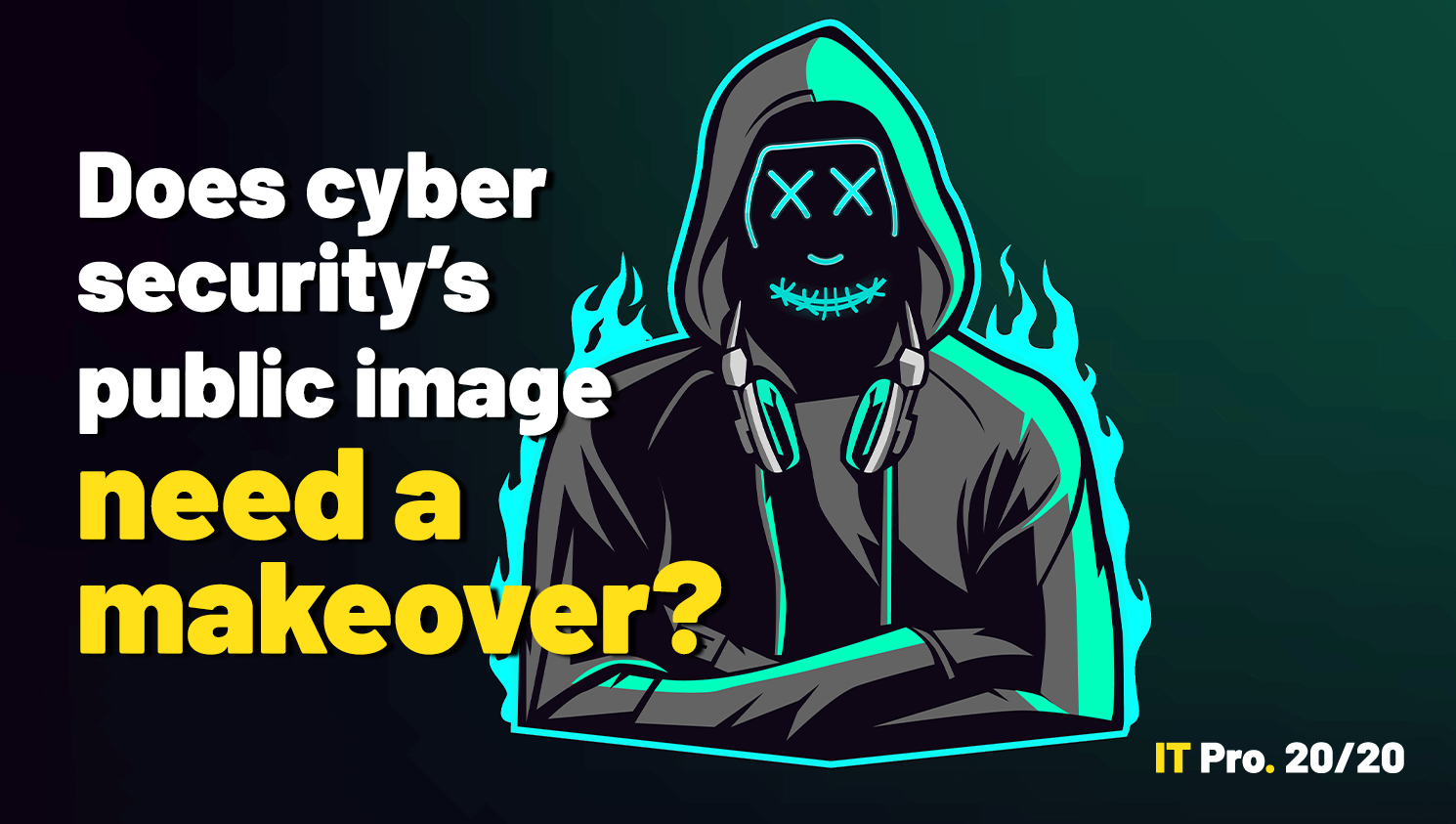
IT Pro 20/20: Does cyber security's public image need a makeover?
Issue 18 of IT Pro 20/20 looks at recent efforts to retire the 'hacker' stereotype, and how the threat landscape has changed over the past 20 years
People were also unevenly divided on which companies they found distasteful. They disliked Microsoft the least, with 43% of people viewing the company disfavorably. The most negative views were reserved for Facebook, as 63% of people disliked it. This put it up there with big banks and the media, which 64% and 60% of people disliked, respectively. Over half (55%) of all respondents disliked Twitter, and 49% disliked Amazon.
Again, views were tied closely to political affiliation, with Republicans far more likely to dislike certain companies. They had a particular dislike for Facebook, with 87% viewing it unfavorably compared to just 40% of Democrats viewing it as unfavorable.
GOP supporters also strongly disliked Twitter, Google, and Microsoft, in that order, while Democrats were far less likely to dislike those companies.
Danny Bradbury has been a print journalist specialising in technology since 1989 and a freelance writer since 1994. He has written for national publications on both sides of the Atlantic and has won awards for his investigative cybersecurity journalism work and his arts and culture writing.
Danny writes about many different technology issues for audiences ranging from consumers through to software developers and CIOs. He also ghostwrites articles for many C-suite business executives in the technology sector and has worked as a presenter for multiple webinars and podcasts.
-
 Google is scrapping its dark web report feature
Google is scrapping its dark web report featureNews Google said while the dark web report feature offered “general information”, the tool didn’t provide “helpful next steps” for users potentially impacted by a breach.
-
 AI means you're probably going to need bigger developer teams
AI means you're probably going to need bigger developer teamsAnalysis Software developers may be forgiven for worrying about their jobs in 2025, but the end result of AI adoption will probably be larger teams, not an onslaught of job cuts.
-
 ‘The UK must position itself as the destination of choice’ in wake of H-1B visa crackdown, tech policy group says
‘The UK must position itself as the destination of choice’ in wake of H-1B visa crackdown, tech policy group saysNews The UK has a massive opportunity to capitalize on the US government’s H-1B visa changes
-
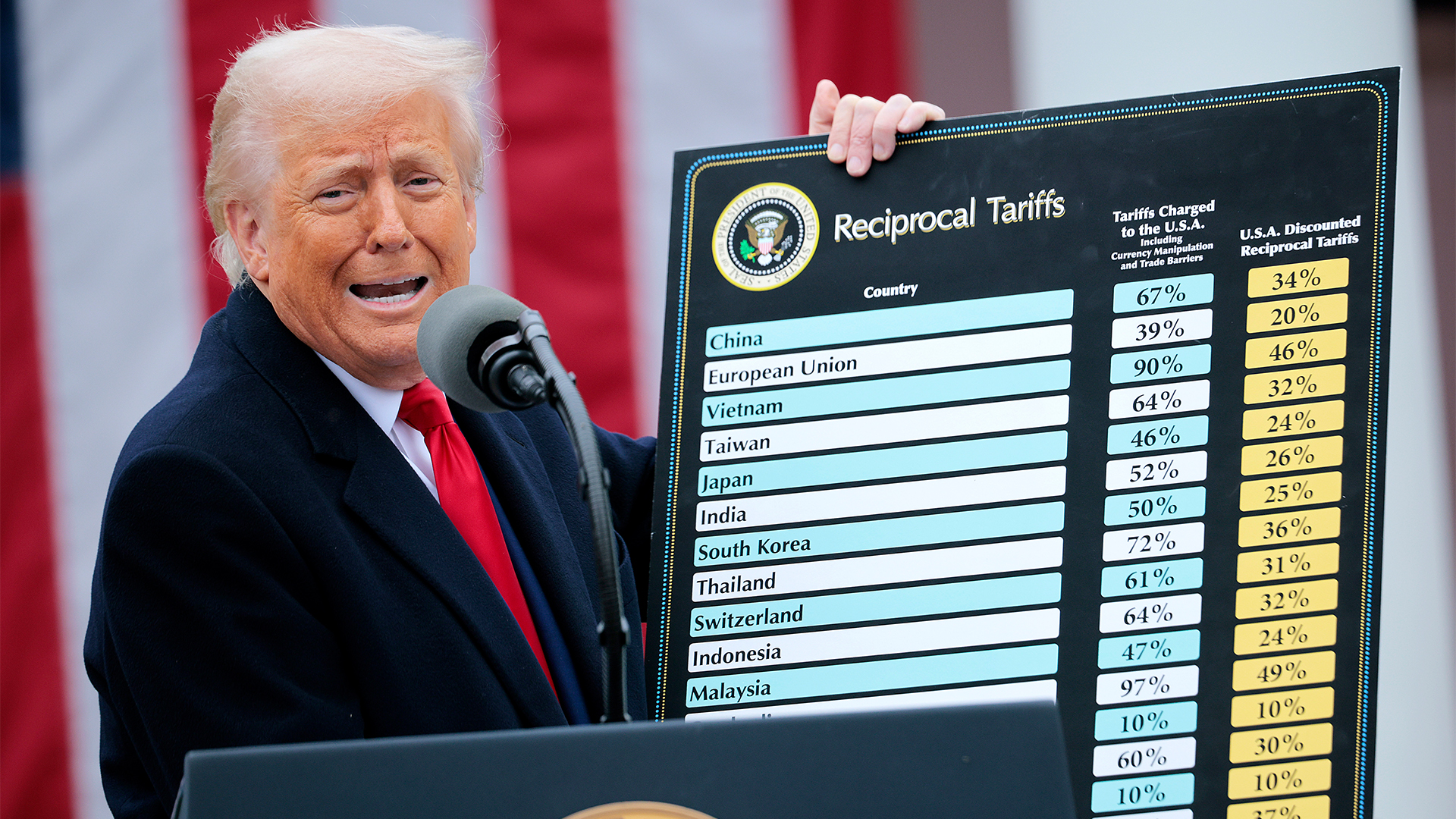 IDC warns US tariffs will impact tech sector spending
IDC warns US tariffs will impact tech sector spendingNews IDC has warned that the US government's sweeping tariffs could cut global IT spending in half over the next six months.
-
 US government urged to overhaul outdated technology
US government urged to overhaul outdated technologyNews A review from the US Government Accountability Office (GAO) has found legacy technology and outdated IT systems are negatively impacting efficiency.
-
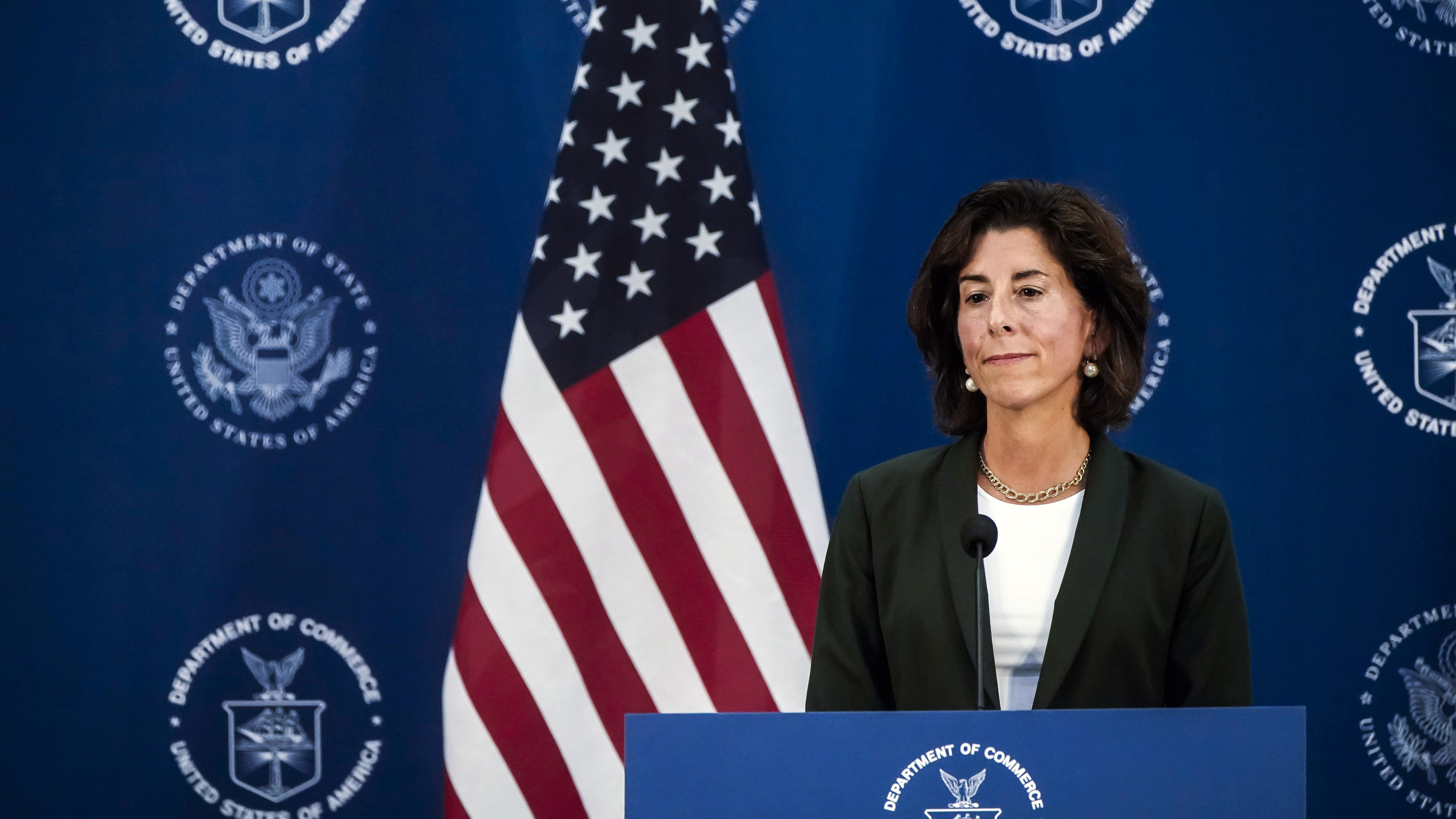 US proposes new ‘know-your-customer’ restrictions on cloud providers
US proposes new ‘know-your-customer’ restrictions on cloud providersNews The US aims to stifle Chinese AI competition with new restrictions on cloud providers to verify foreign data center users
-
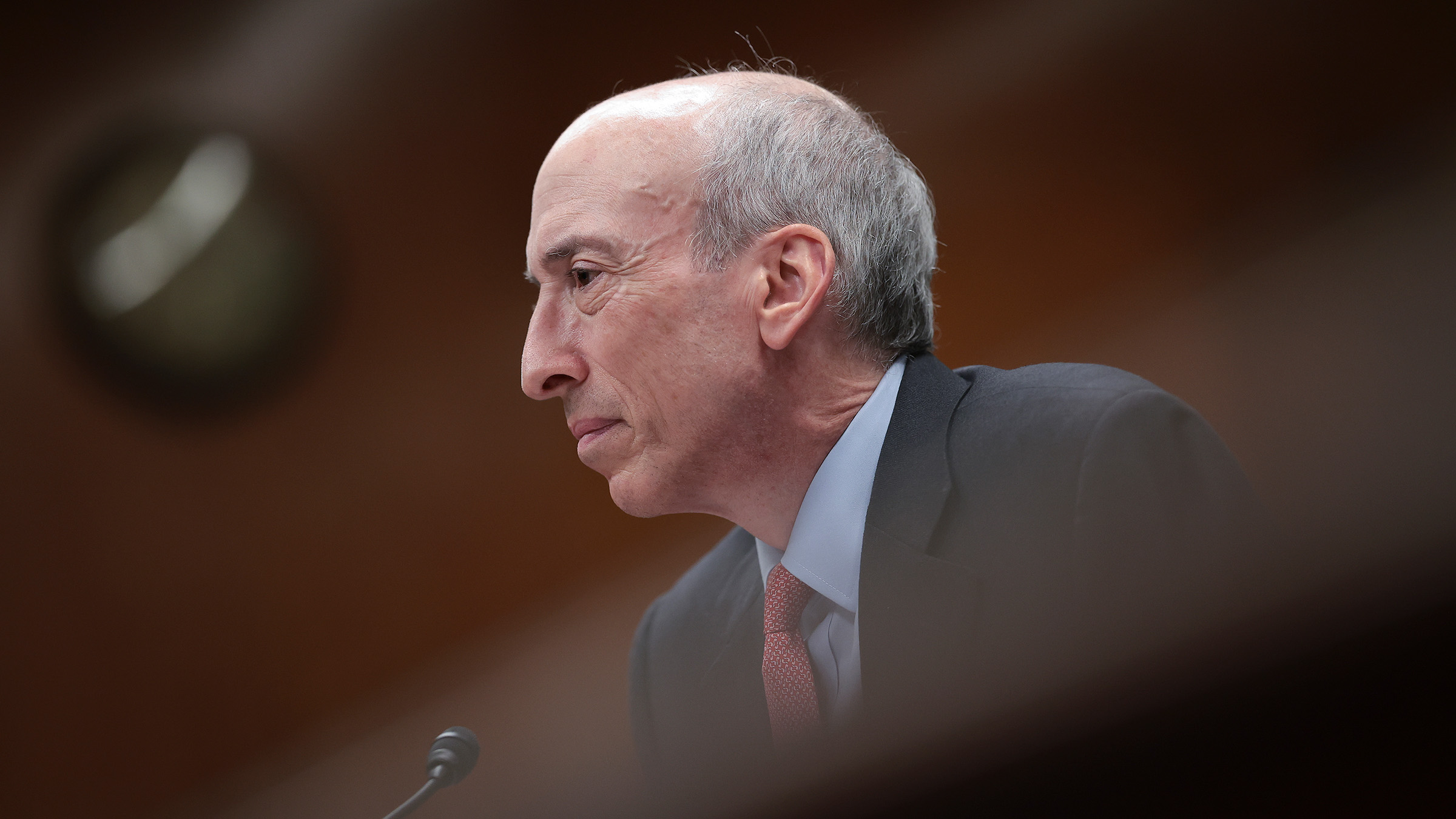 SEC passes rules compelling US public companies to report data breaches within four days
SEC passes rules compelling US public companies to report data breaches within four daysNews Foreign entities trading publicly in the US will also be held to comparative standards
-
 US says National Cybersecurity Strategy will focus on market resilience and private partnerships
US says National Cybersecurity Strategy will focus on market resilience and private partnershipsNews The recently announced implementation plans alow for more aggressive action against ransomware gangs
-
 US ‘Tech Hubs’ drive aims to boost innovation in American heartlands
US ‘Tech Hubs’ drive aims to boost innovation in American heartlandsNews The development of the hubs will could help drive regional innovation and support for tech companies
-
 Biden sets June deadline for $42 billion broadband funding outline
Biden sets June deadline for $42 billion broadband funding outlineNews The announced deadline come prior to a much-awaited update to the FCC's US broadband map, giving a clearer image of the internet challenges facing the nation
